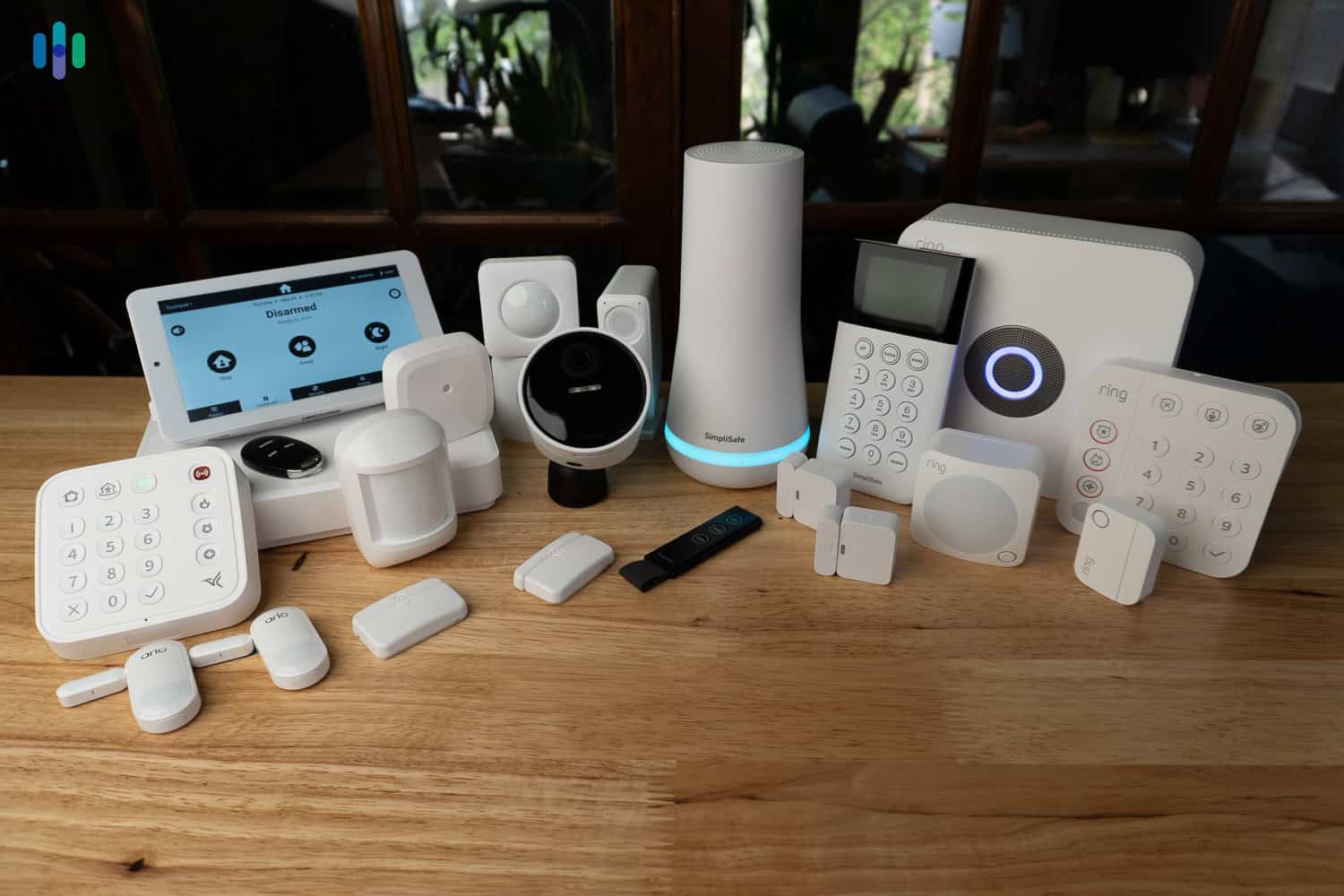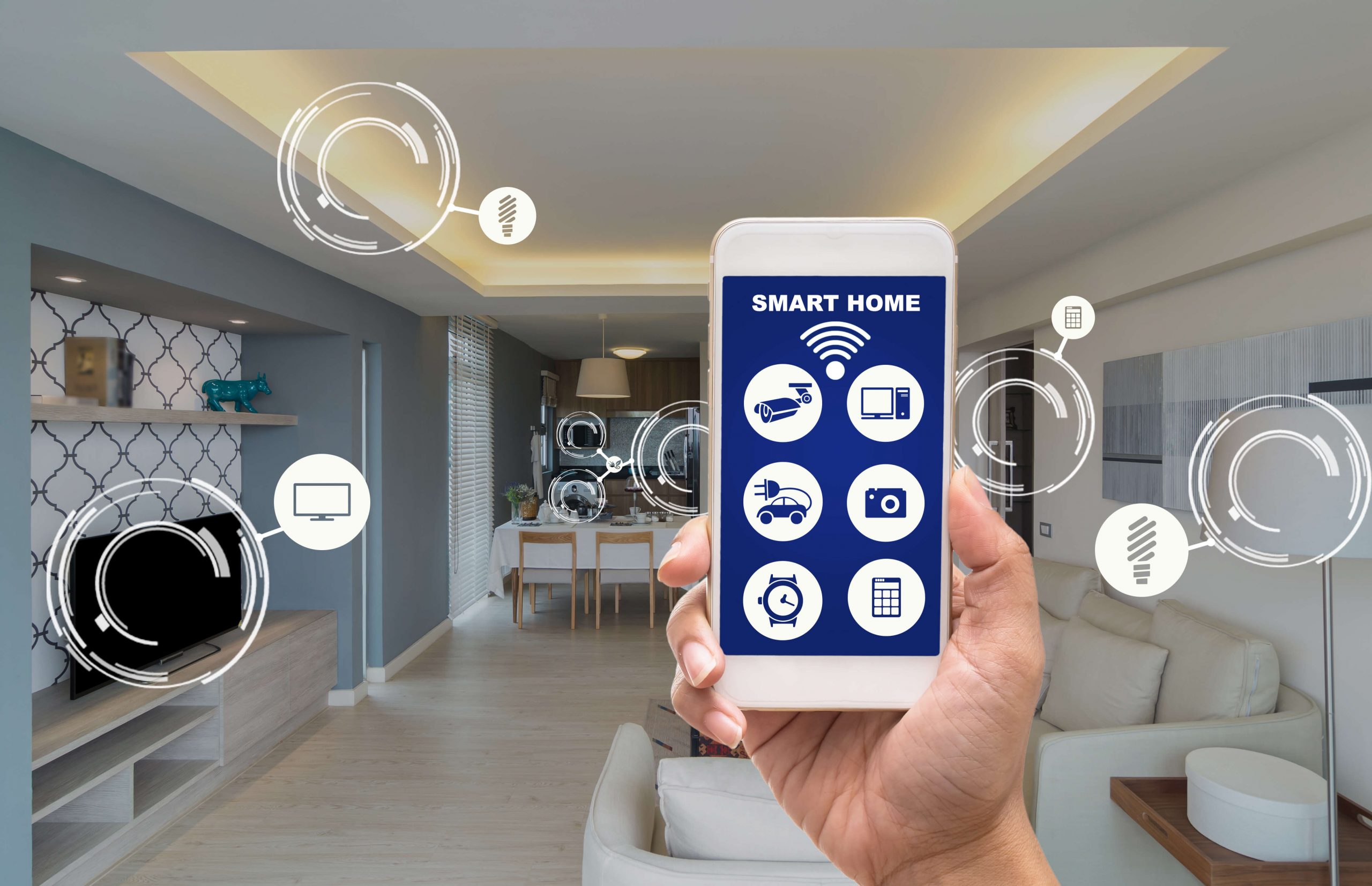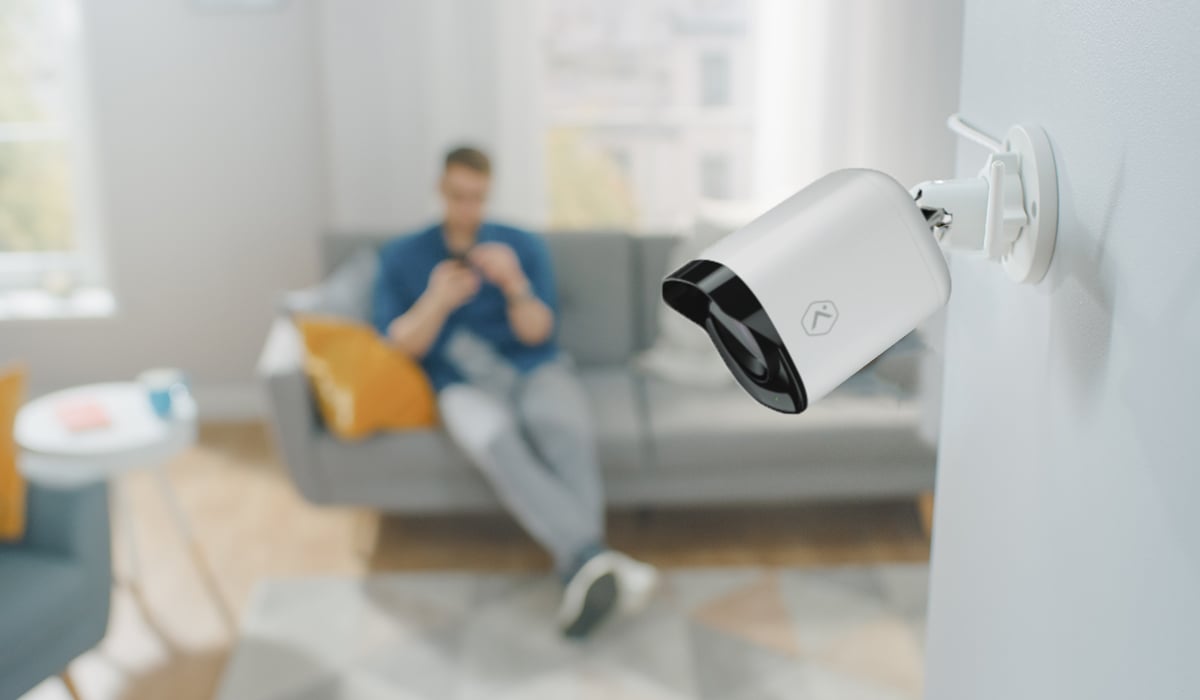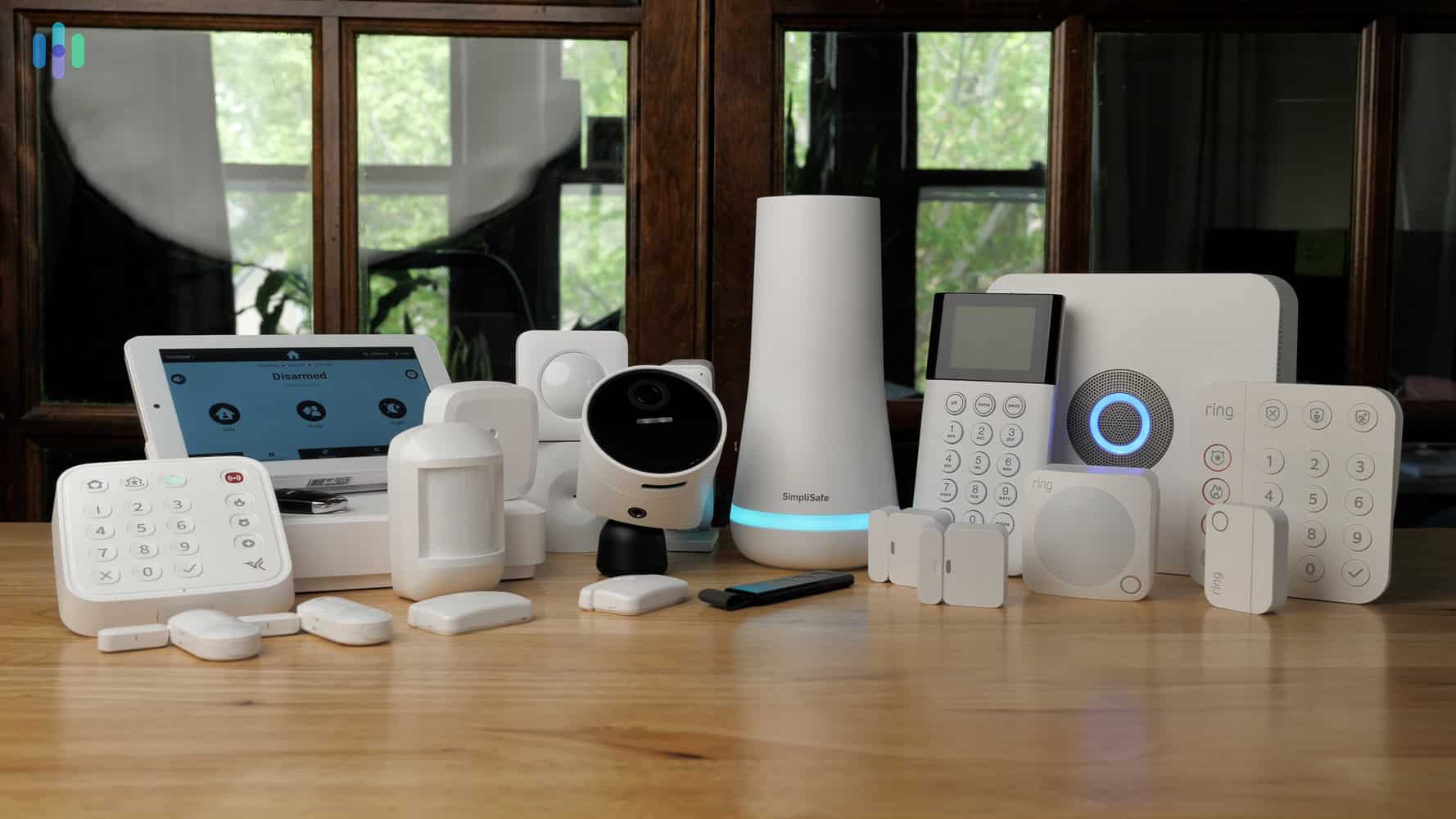Best Home Security Systems 2025: Complete Buyer's Guide and Reviews
Best Home Security Systems 2025: Complete Buyer's Guide and Reviews
Table of Contents

Choosing the best home security system in 2024 can feel overwhelming with dozens of options available. Whether you're looking for DIY installation, professional monitoring, or smart home integration, our comprehensive guide breaks down the top-rated systems to help you make an informed decision that protects your family and property.
Top Security System Picks for 2024
1. SimpliSafe - Best Overall DIY System
SimpliSafe consistently ranks as the top choice for homeowners seeking reliable, affordable security. With equipment packages starting at $250 and no long-term contracts required, it offers exceptional flexibility. The system features wireless sensors, cellular backup, and innovative AI-powered monitoring services that can detect and deter intruders in real-time.
Key highlights: Easy DIY installation, 24/7 professional monitoring starting at $31.99/month, and advanced features like Intruder Intervention that allows monitoring agents to speak directly to intruders through indoor cameras.
2. ADT - Best Professional Installation
ADT remains the gold standard for professional home security with over 150 years of experience. Their new ADT+ system integrates seamlessly with Google Nest devices and offers comprehensive installation services. While more expensive, ADT provides unmatched reliability and response times, with monitoring centers nationwide ensuring 24/7 coverage.

3. Vivint - Best Smart Home Integration
For homeowners prioritizing smart home automation, Vivint excels with its touchscreen control panel and extensive third-party device compatibility. The system supports voice control through Alexa and Google Assistant, while advanced features like Smart Deter use AI to detect suspicious activity and automatically activate lights and sirens.
DIY vs Professional Installation
DIY Installation Benefits:
- Cost savings on installation fees ($100-$200)
- Flexible timing and setup control
- Perfect for renters with adhesive mounting options
- Easy relocation when moving
Professional Installation Advantages:
- Expert placement optimization
- Comprehensive system testing
- Warranty coverage and ongoing support
- Integration with existing home systems
Essential Features to Consider

Core Components
Modern security systems typically include door/window sensors, motion detectors, a central hub, and keypads. Premium systems add glass break sensors, smoke detectors, and environmental monitoring for floods or temperature changes.
Camera Integration
Video verification significantly improves emergency response times. Look for systems offering 2K or 4K resolution, night vision, two-way audio, and cloud storage options. Advanced AI features can distinguish between people, pets, and packages, reducing false alarms.
Mobile App Functionality
The mobile app serves as your primary control interface. Essential features include real-time alerts, live video streaming, remote arming/disarming, and geofencing capabilities that automatically adjust settings based on your location.
Pricing and Contract Options
Equipment Costs:
- Basic starter kits: $150-$300
- Comprehensive systems: $400-$800
- Premium packages with cameras: $800-$1,200+
Monthly Monitoring Fees:
- Self-monitoring: Free-$10/month
- Professional monitoring: $20-$50/month
- Premium services with AI features: $50-$80/month

Contract vs No-Contract Options
No-contract systems offer maximum flexibility, allowing you to cancel or modify services without penalties. Contract-based systems may provide lower upfront costs and free installation but require multi-year commitments. Consider your long-term plans and budget flexibility when deciding.
Smart Home Integration
The best security systems integrate seamlessly with existing smart home ecosystems. Look for compatibility with:
- Voice Assistants: Amazon Alexa, Google Assistant, Apple Siri
- Smart Platforms: Apple HomeKit, Samsung SmartThings, Z-Wave
- Connected Devices: Smart locks, thermostats, lighting systems
Advanced integration enables automated responses like turning on lights when motion is detected or unlocking doors for trusted visitors using facial recognition.
Monitoring Service Options
Self-Monitoring
Self-monitoring puts you in complete control, sending alerts directly to your smartphone. While cost-effective, it requires you to be available to respond to emergencies and contact authorities when needed.
Professional Monitoring
Professional monitoring services provide 24/7 oversight by trained security specialists who can quickly assess threats and dispatch emergency responders. Response times typically range from 30-60 seconds, significantly faster than self-monitoring scenarios.
Hybrid Solutions
Many modern systems offer hybrid monitoring, combining professional oversight with user control. You receive immediate notifications while professionals handle emergency situations, providing the best of both worlds.

Frequently Asked Questions
How much does a home security system cost?
Basic DIY systems start around $150-$300 for equipment, with professional monitoring adding $20-$50 monthly. Professional installation typically costs an additional $100-$200, while premium systems with advanced features can exceed $1,000.
Can I install a security system myself?
Yes, most modern systems are designed for DIY installation. Wireless sensors use adhesive mounting or simple screws, and setup typically takes 1-3 hours. Instructions are provided via mobile apps with step-by-step guidance.
Do I need professional monitoring?
While not required, professional monitoring significantly improves response times and provides peace of mind. Self-monitoring works well for budget-conscious users who are frequently available to respond to alerts.
What's the difference between wired and wireless systems?
Wireless systems use battery-powered sensors and cellular connectivity, offering easier installation and portability. Wired systems require hardwired connections but may provide more reliable communication in areas with poor cellular coverage.
How long do security system batteries last?
Most wireless security sensors use lithium batteries lasting 3-5 years under normal use. The system will alert you when batteries need replacement, and most sensors use common battery types available at any store.
Choosing the right home security system depends on your specific needs, budget, and preferences. DIY systems like SimpliSafe offer excellent value and flexibility, while professional options like ADT provide comprehensive service and installation. Consider your home size, monitoring preferences, and smart home integration needs when making your decision. Remember that the best security system is one you'll actually use consistently, so prioritize user-friendly features and reliable customer support.